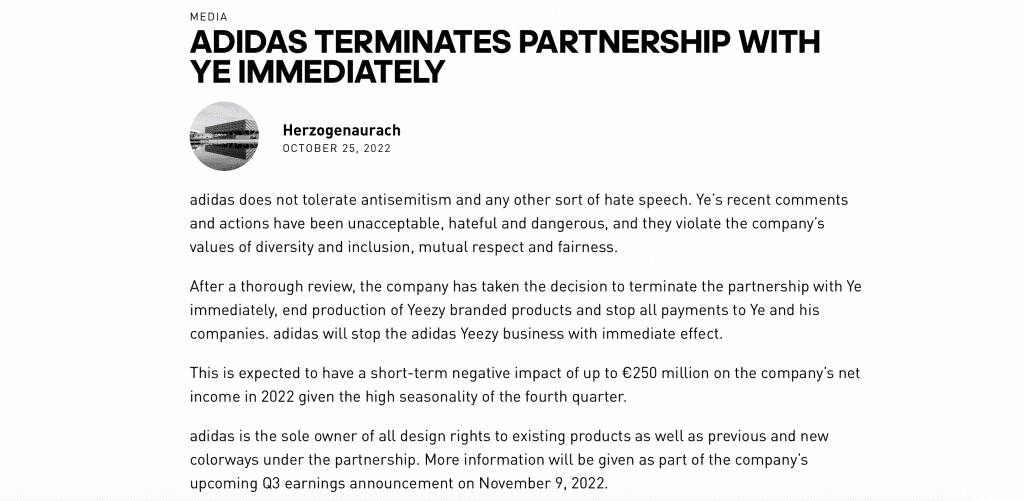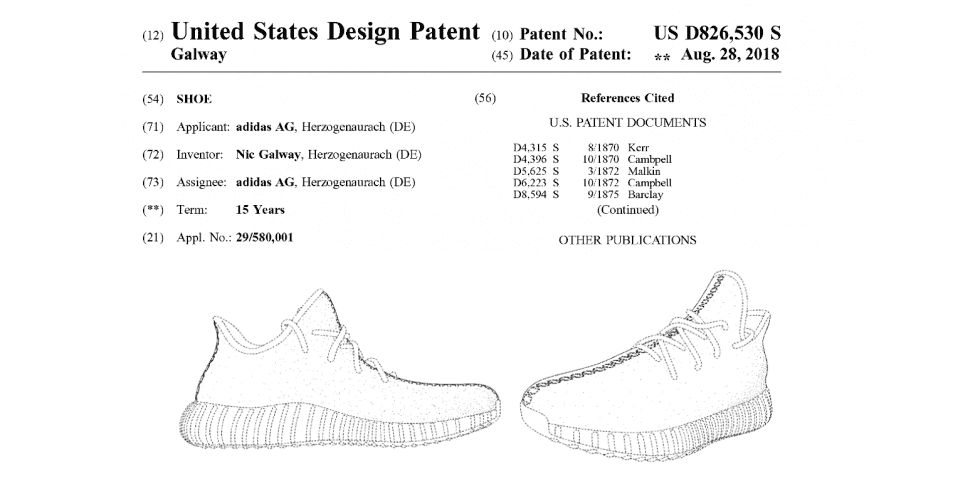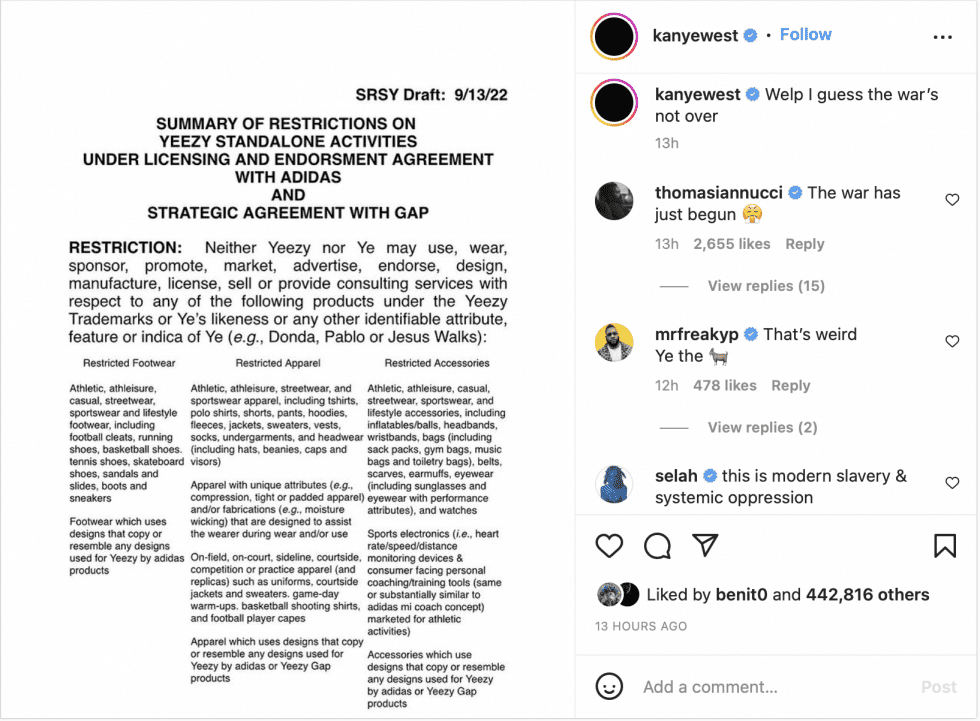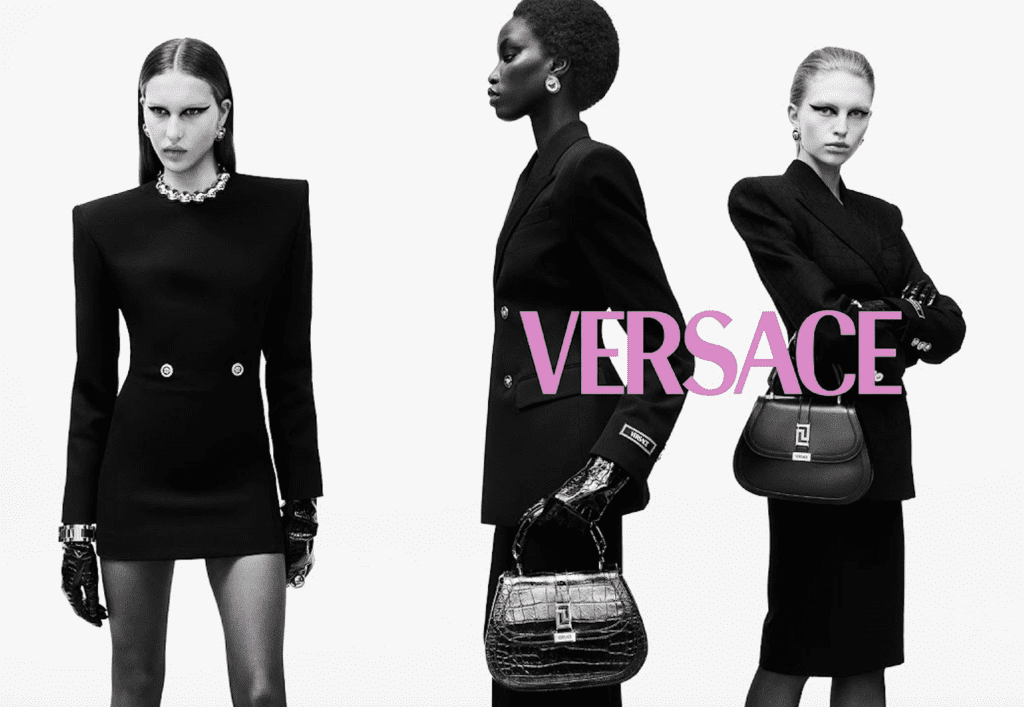Adidas is putting an end to its long-running Yeezy deal with Kanye West, with the German sportswear giant announcing that “after a thorough review,” it has made “the decision to terminate the partnership with Ye immediately, end production of Yeezy branded products and stop all payments to Ye and his companies. Adidas will stop the Adidas Yeezy business with immediate effect.” The company further said in a statement on Tuesday that it “does not tolerate antisemitism and any other sort of hate speech,” and West’s “recent comments and actions have been unacceptable, hateful, and dangerous, and they violate the company’s values of diversity and inclusion, mutual respect, and fairness.”
Analysts expect that the breakdown of the deal will prove to be positive in the long run for adidas, with Evercore ISI analyst Omar Saad saying that the Yeezy franchise makes for a “big risk” for adidas, and Bernstein’s Aneesha Sherman asserting that adidas made the “absolute right decision” from a long-term standpoint. However, more immediately, adidas may have rid itself of the PR disaster that is Kanye and his Yeezy brand by extension, but the move does not come without a cost. After all, the Yeezy line is responsible for no small source of revenue for adidas. Last month, Cowen analyst John Kernan estimated that Yeezy drives approximately 4 to 8 percent of adidas’ annual revenue, which topped $25 billion in total in 2021.
Beyond that, Kernan pointed to indirect benefits of the deal that are reaped by adidas, including that “the halo effects of recognition and digital traffic that Yeezy has afforded the adidas brand.” And still yet, adidas’s separation from West is also expected to give Nike, adidas’s closest competitor even more of an upper hand. “Adidas struggles to compete with Nike for top sponsorships, so Yeezy was one big advantage,” Morningstar analyst David Swartz told CNBC.

The anticipated hit to adidas’s bottom line of 250 million euros ($246 million) this year due to the immediate termination – which prompted Bernstein, for one, to cut its 2023 revenue forecast for adidas on Tuesday by about $398 million – adds to existing pressures for adidas. The sportswear-maker is suffering from inventory issues and a lackluster performance in China, which have prompted a 64 percent decline in the price of its Deutsche Börse-traded stock so far in 2022. $ADDYY stock has fallen further recently thanks to West’s antics and amid calls from consumers, celebrities, and various organizations, including the Anti-Defamation League, for adidas to sever ties with the rapper-slash-designer following multiple instances of antisemitism and in the wake of West showing a “White Lives Matter” shirt on the runway of his latest Yeezy brand collection in Paris early this month.
As for West’s end of the bargain, he will be forced out of a fair share of cash as a result of the breakdown of the deal. Bank of America valued the sneaker side of West’s business, alone, at as much as $3 billion in 2020. More recently, in 2021, UBS Group AG put a value of $3.2 billion to $4.7 billion West’s sneaker and apparel business, including his deal with adidas.
Trademarks & Morals
Entered into in 2016 and slated to run until 2026, the Yeezy arrangement saw West license the Yeezy brand name to adidas in exchange for royalties of approximately 15 percent of the sales of Yeezy products. (West’s Mascotte Holdings is the sole holder of the trademark rights in – and registrations for – “Yeezy” and “YZY” for use on footwear and apparel, which West’s corporate entity licensed to adidas for use in connection with the footwear collection. This enabled West to monetize this intellectual property (and bring in royalties), while still maintaining complete ownership over the Yeezy brand.)
In terms of the products, themselves, adidas was in charge of design and manufacturing, and it gained ownership of the designs as part of the deal, with relevant trademark, copyright, and patent registrations for the hot-selling sneakers, for example, issued to (and maintained by) adidas. These rights range from the SPLY-350 trademark to design patents for the Yeezy Boost. (Note: Adidas and other big brands assuming ownership of designs that result from collaborations in which they are involved is not in any way uncommon, and in fact, contracts that parties like West enter into with brands like adidas routinely include iron-clad clauses that mandate that they are assigning any such rights to their collaborative partner. We saw it here with Nike-owner Converse, for instance.)
As for how adidas will be able to terminate the deal without facing breach-of-contract ramifications from West, who it was contractually tied to, chances are, it has invoked a morals clause in the agreement, a provision that typically prevents endorsers or other collaborating parties from engaging in conduct – and sometimes speech – that will bring either the party into “public disrepute, scandal, embarrassment,” or generally cast an unfavorable light on the company’s reputation. While “criminal conduct commonly falls under the definition of prohibited acts in a morals clause,” Fox Rothschild LLP attorneys stated in a recent note that “acts that fall short of breaking the law can violate a morals clause, too.” For example, they state that some morals clauses prohibit conduct that is “offensive, shocks or insults public morals or public decency,” with companies generally pushing for broad morals clauses i to protect their brand and reputation.

The inclusion of sweeping morals clauses – which counsel for parties like West would undoubtedly seek to streamline (pushing potentially for more limited clauses that kick in only in the event of a criminal conviction, for example) – means, at least in theory, that companies can get out of deals with relative ease should they take issue with the behavior of a contracted creative.
However, such broad clauses are not without potential drawbacks. “Although morals clauses are considered industry standard in Hollywood [and beyond],” Fox Rothschild asserts that “the precise meaning and scope of such clauses” – particularly when companies keep the language defining the objectionable conduct broad, “so as to cover a range of conduct that would breach the agreement” – are “notoriously ambiguous, making them often difficult to enforce.”
Against this background, the very-recent termination of the adidas Yeezy deal raises some interesting issues for the sportswear behemoth, including in regards to how it will approach excess Yeezy inventory and the designs, themselves. Efforts by adidas to liquidate no shortage of existing Yeezy inventory that it and its authorized retailers have on hand to off-price retailers and/or to resale entities seems likely, as does sending them to markets where Kanye West’s fallout is not so pronounced. (There is, of course, also the potential for destruction should other avenues prove less-than-fruitful.)
On the IP front, the sportswear company’s ownership of the designs that make up the Yeezy collection poses questions about what it can and cannot do with the designs going forward. While adidas has emphasized that it is the “sole owner of all design rights to existing products” under the partnership, that does not necessarily pave a clear path forward. The company would run the very real risk of trademark infringement liability, for instance, in the event that it were to use the Yeezy name without authorization from West to sell shoes (even if it owns the designs for those shoes). Adidas’s ownership of the designs also does not ensure that it would get away with selling the Yeezy footwear designs as distinct from West, including from a PR point of view.

It is worth noting that adidas has sold designs that look a lot like those that fall under the Yeezy umbrella without labeling them as Yeezy and without facing off against infringement claims waged by West (because it owns the Yeezy designs, and thus, has the right to make derivatives of those designs). Legally speaking, it could continue to do so, but it is not immediately clear how consumers would react. Cutting ties with Kanye but continuing to sell the same footwear as the styles that it previously offered up under the Yeezy name with generic “adidas” branding might not sit well with consumers (and thus, might not make sense from a PR standpoint) in the very near term.
Moving Forward
More realistically, and what adidas will almost certainly do at some point in the future (and what is common for companies to do in the wake of the culmination of design collabs) in order to get further returns on its investment in the Yeezy designs is to offer up footwear that is mirrors the styles that it previously sold as part of the Yeezy deal albeit without Yeezy branding. But again (and depending on the terms of the assignment of rights agreement), that might not be a sure-fire win or easy for adidas, as part of what made the Yeezy collection a success was the distinctiveness of the designs.
The undeniable link between the adidas-designed Yeezy sneakers and West, himself, poses relevant issues about the extent to which consumers associate the design of the Yeezy products – even without the Yeezy name on them – with adidas as opposed to with West. This is a doubled-edged sword to an extent. On one hand, there is the likelihood that consumers associate with silhouette/design of the Yeezy Boosts, for instance, so much with West that it could complicate adidas’s ability to successfully offer up the designs under its own branding going forward in the event that consumers opt to keep cancelling Kanye. On the other hand, given that West almost single-handedly drove the popularity of the Yeezy designs, there is a chance that the sneakers will not nearly be as coveted with him out of the picture. (There are also questions to ponder about the strength of adidas’ trademark and trade dress rights in those silhouettes given that consumers so closely associate them with West as the source.)
In terms of a morals provision, which will impact the extent to which adidas can neatly walk away from the deal unilaterally, there are typically “a number of thorny issues for brands and celebrities,” ArentFox Schiff’s Sarah Alberstein, Amal Dave, Jay Halpern, and Dan Jasnow stated in a note this spring. For instance, “What actions will trigger the clause? Is a credible accusation of prohibited conduct enough to terminate the contract? Or should there be some burden on the brand to establish that the prohibited conduct occurred?” These issues are compounded, they state, “if the celebrity has equity interest in the brand, which would typically need to be unwound if the relationship is being terminated due to conduct.”
Luckily for adidas, the latter is not at play here. However, that does not mean that a handful of other issues are not on the table and likely to play out – potentially in the public eye and/or in court – in the coming weeks and months.
UPDATED (Nov. 9, 2022): adidas CFO Harm Ohlmeyer confirmed that the company will, in fact, sell previously-Yeezy-branded products under the adidas name next year. “We own all the IP, we own all the designs, we own all the versions and new colorways, so it’s our IP, it’s our product. We believe there are interesting things coming to fruition in 2023, that’s what we’re working through,” Ohlmeyer said in an analyst call on Wednesday. As for existing Yeezy inventory, the company’s finance chief said adidas is still determining whether or not to sell them off as-is.
The important exception to adidas’s “we own all the IP” claim is, of course, the Yeezy trademark for use on sneakers, apparel, etc., which is owned by Kanye via his Mascotte Holdings company.











